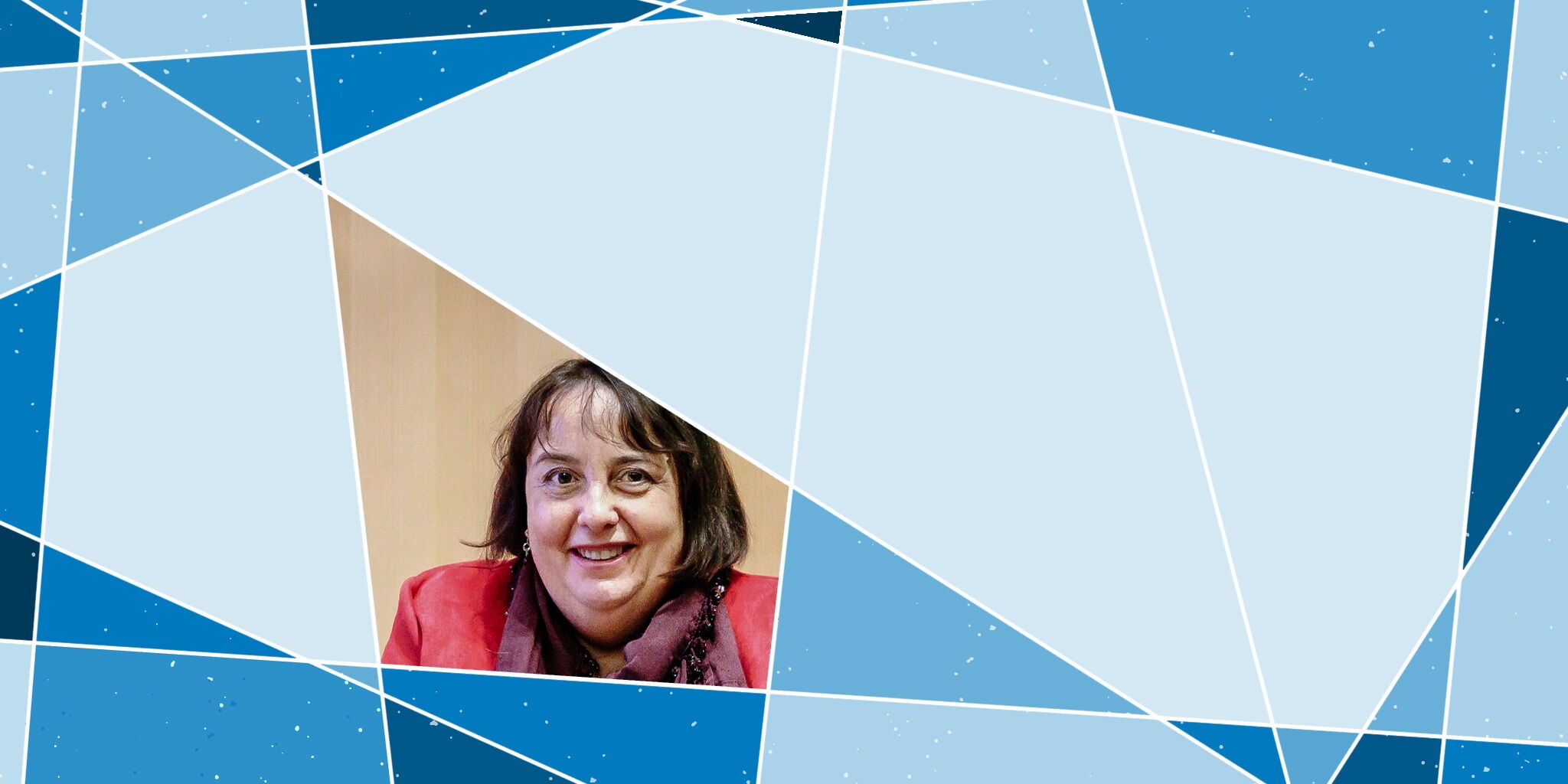#2 Staying home and working together

Closed borders and working from home: What is the future of cross-border projects on the European Campus during the Corona crisis? In this series we are asking researchers and teachers about the effects of the crisis on their bi- or trinational cooperation.
Sylvie Fournel from the University of Strasbourg, together with Fréderic Gros and Christopher Mueller, is currently receiving seed money from Eucor – The European Campus for the project “Immunology Master Exchange.” The long-term aim of the project is to establish a trinational Master’s and PhD program in the field of Immunology. Currently, student exchanges are already in place with the Universities of Basel and Freiburg for practical training or theoretical and practical courses.
Ms. Fournel, is the current crisis affecting your project?
Sylvie Fournel: Yes, our project is certainly being affected. It is an exchange program, and of course there are now difficulties with mobility. Fortunately, however, most of the internships of the students from Strasbourg had already been completed. We recorded the courses planned for April in Strasbourg and sent them to our colleagues in Freiburg and Basel. This will probably also be the case with the courses that were planned in Freiburg in June. Unfortunately, however, the internships for the German and Swiss students in Strasbourg, which were planned for this summer, will most likely be cancelled.
Will contents on the “SARS-CoV-2” virus also be integrated into the master students’ schedules in the future?
Fournel: That will occur all by itself. At the master’s level, students no longer have the classic head-on teaching. Teaching is based on lectures, lab internships and bibliographic analyses. These different teaching formats always cover the most current topics. It is therefore the students who choose the study topic. So it is quite obvious that they will choose topics related to SARS-CoV-2 and the related disease Covid19 in the coming months. In fact, we encourage the students to do so.
Do you also discuss the virus with your German and Swiss colleagues?
Fournel: It’s still a little early. Today, virologists are studying the virus and how it works. The immunologists are still a bit in the background at the moment and are waiting for patient analyses that will then enable them to develop studies. There is currently no group among the project participants whose major research topic is antiviral vaccination. In my group we are more interested in the development of “vaccines” against cancerous tumors. However, the antiviral immune response is very close to that against tumors. So perhaps we will be able to contribute our expertise in the fight against SARS-CoV-2 after all.